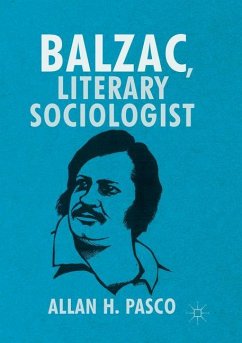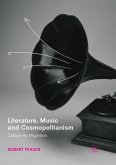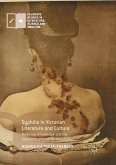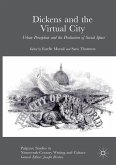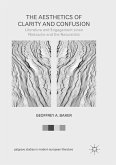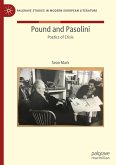Melding the fields of literature, sociology, and history, this book develops analyses of the ten novels in Balzac's Scènes de la vie de province. Following the order of the novels projected in La Comédie humaine, Allan H. Pasco investigates how Balzac used art as a tool of social inquiry to obtain startlingly accurate insights into the relationships that defined his turbulent society. His repeated claim to be an "historian of manners" was more than an empty boast. Though Balzac was first and foremost a great novelist, he was also a trailblazing sociologist, joining Henri de Saint-Simon and the subsequent Auguste Comte in considering the relationships that represent society as an interacting, interlocking web. Using a methodology that combines close analysis with a broad cultural context, Pasco demonstrates that Balzac's sociological vision was extraordinarily pertinent to both his and our days.
"Eminently readable, this landmark publication shows like no other how Balzac used art as a tool of social inquiry to obtain startlingly accurate and relevant insights into his turbulent society and our own." (Juliana Starr, The French Review, Vol. 92 (1), October, 2018)
"Balzac, Literary Sociologist is a significant contribution to Balzac studies, especially for its fine-grained and richly erudite readings of an under-analyzed section of La Comédie humaine. The book artfully combines history, social science, and literary analysis to bring new clarity to Balzac's view of provincial France and is destined to have broad appeal to expert researchers and novice undergraduates alike." (Nineteenth-Century French Studies, ncfs-journal.org, Vol. 47 (1-2), 2018)
"This collection of essays devoted to La Comédie humaine, Balzac's monumental corpus of interconnected novels and stories depicting French society in the first half of the 19th century, appears at an interesting cultural moment. ... Summing Up: Highly recommended. Upper-division undergraduates and above." (W. Edwards, Choice, Vol. 55 (7), March, 2018)
"Balzac, Literary Sociologist is a significant contribution to Balzac studies, especially for its fine-grained and richly erudite readings of an under-analyzed section of La Comédie humaine. The book artfully combines history, social science, and literary analysis to bring new clarity to Balzac's view of provincial France and is destined to have broad appeal to expert researchers and novice undergraduates alike." (Nineteenth-Century French Studies, ncfs-journal.org, Vol. 47 (1-2), 2018)
"This collection of essays devoted to La Comédie humaine, Balzac's monumental corpus of interconnected novels and stories depicting French society in the first half of the 19th century, appears at an interesting cultural moment. ... Summing Up: Highly recommended. Upper-division undergraduates and above." (W. Edwards, Choice, Vol. 55 (7), March, 2018)

